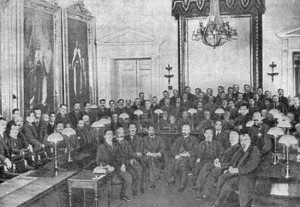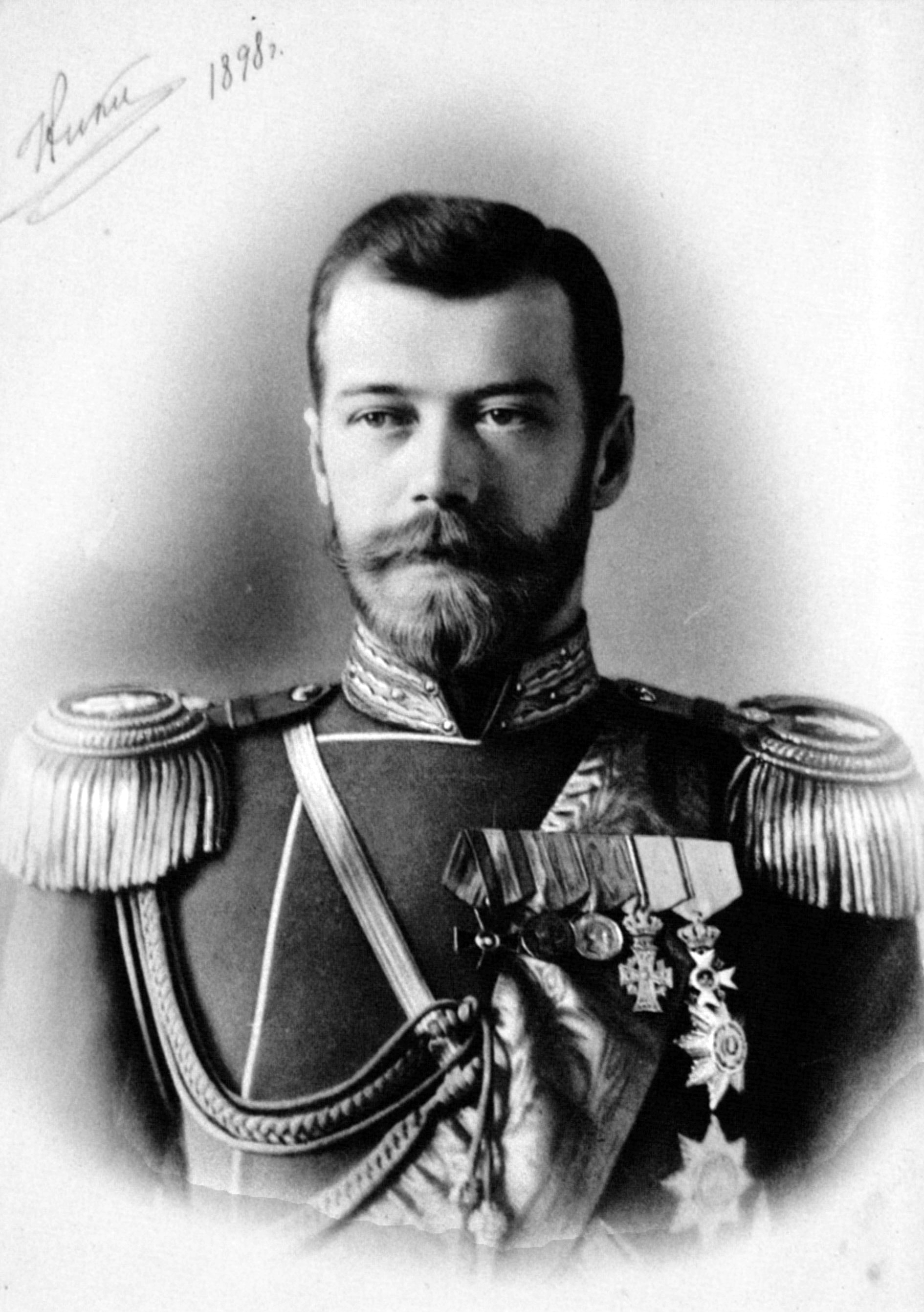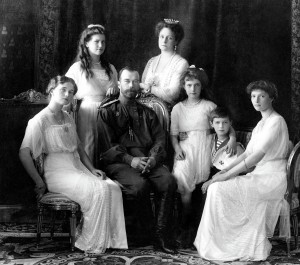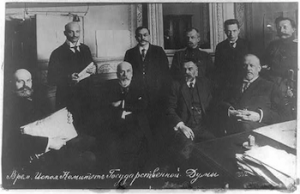The Romantic period following the Enlightenment and the French Revolution was characterized by a push back against the rational reasoning championed by many Enlightenment thinkers. Johann Gottlieb Fichte tried to inspire his fellow Germans with his “Addresses to the German Nation” in 1806. He wrote “those who speak the same language are joined to each other by a multitude of invisible bonds by nature herself” ((Johann Gottlieb Fichte, Thirteenth Address, Addresses to the German Nation, ed. George A. Kelly (New York: Harper Torch Books, 1968), pp. 19091,19394,19798.)) which highlights his argument that the bonds of language and culture are stronger than political boundaries or forced occupation. This is a similar argument that Paul Halsall makes in his introduction to Johann Gottfried von Herder’s “Materials for the Philosophy of Mankind” where he states that most nations are developed around a single language and that new peoples are incorporated in by being forced to speak that central language as well ((Johann Gottfried von Herder, Materials for the Philosophy of Mankind, 1784.)).
Johann Gottlieb Fichte was a German philosopher who lived from 1762 until 1814, meaning that he lived through much of the Enlightenment thought and ideals being put into place in the American Revolution and the French Revolution. He wrote his “Addresses to the German Nation” in 1806 when the French, under Napoleon, occupied Germany. This event likely inspired him to write these nationalistic pieces and to go on to be considered one of the fathers of German nationalism. He criticized Napoleon’s use of religious conflict to divide the German nation-states and his use of German soldiers in his army. Fichte wrote in an inflammatory manner, intended to educate the German people about the tactics that the French were using to divide the nation-states and to inspire a sense of belonging to something larger than their individual village.
Fichte was able to use historical context and the feelings of people living in an occupied territory to make an emotional argument for nationalism and for uniting as a larger German people. Both Fichte and von Herder highlighted the importance of language to creating a cohesive nation-state, which was important as this is one of first times when a nation-state becomes a realistic concept, and is no longer separated into solely a political state or an ethnic or cultural nation.
In conclusion, did Napoleon’s conquest of these areas accelerate the unification of Germany? In other words, is being occupied the most effective method to get people to come together by uniting against a common enemy?




